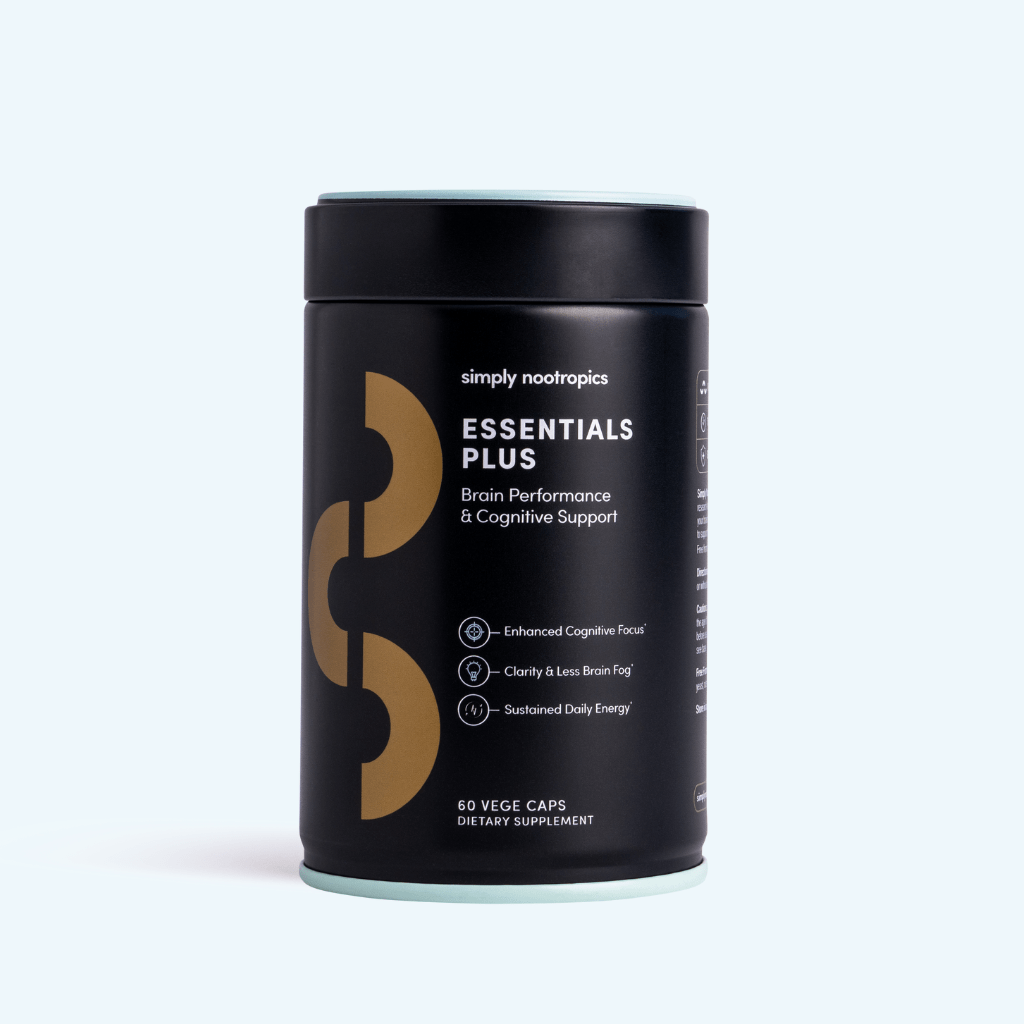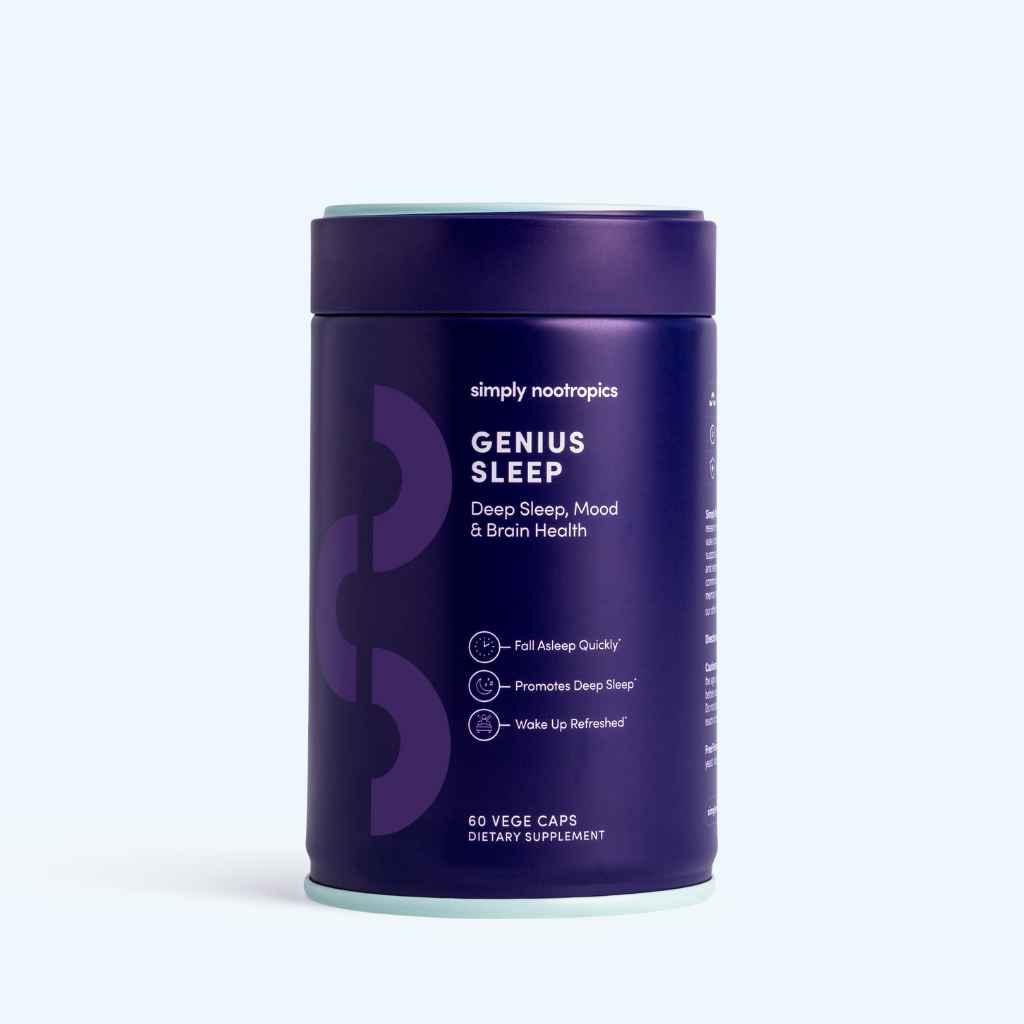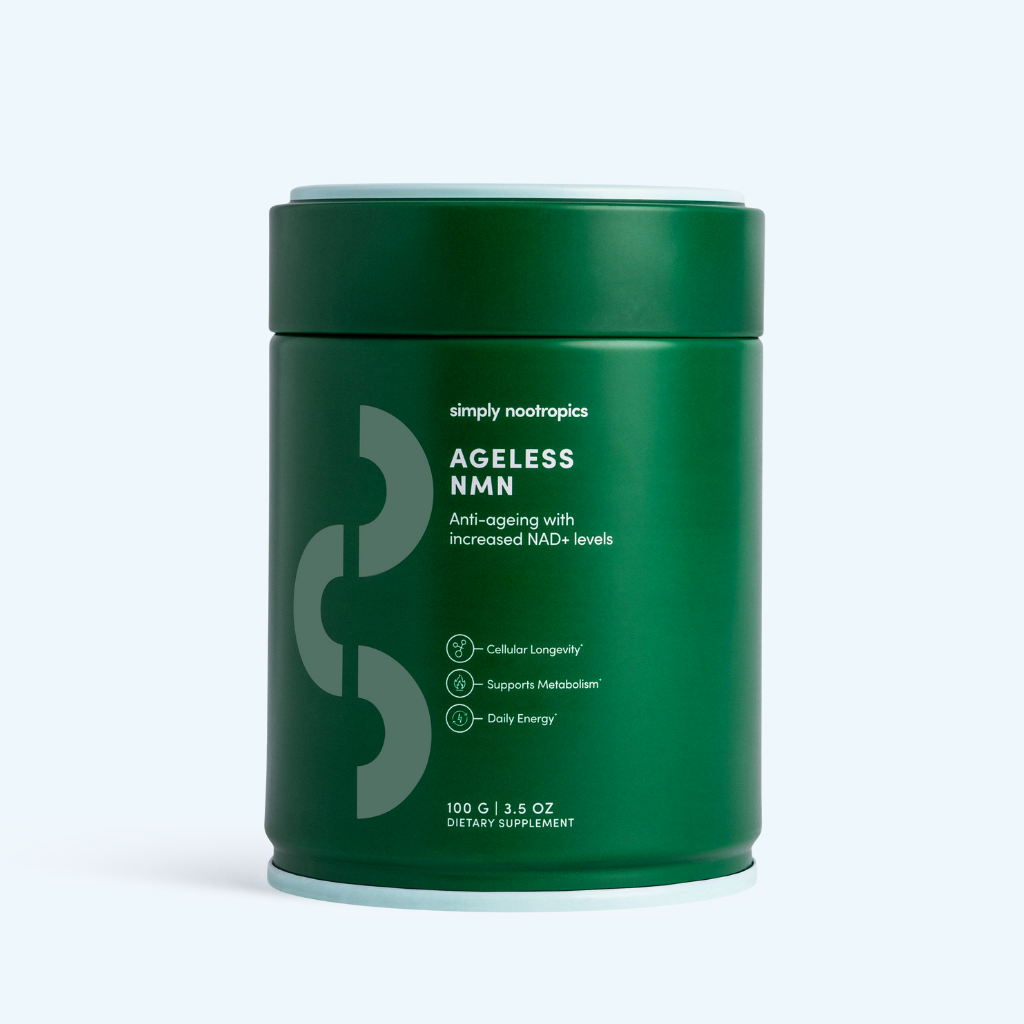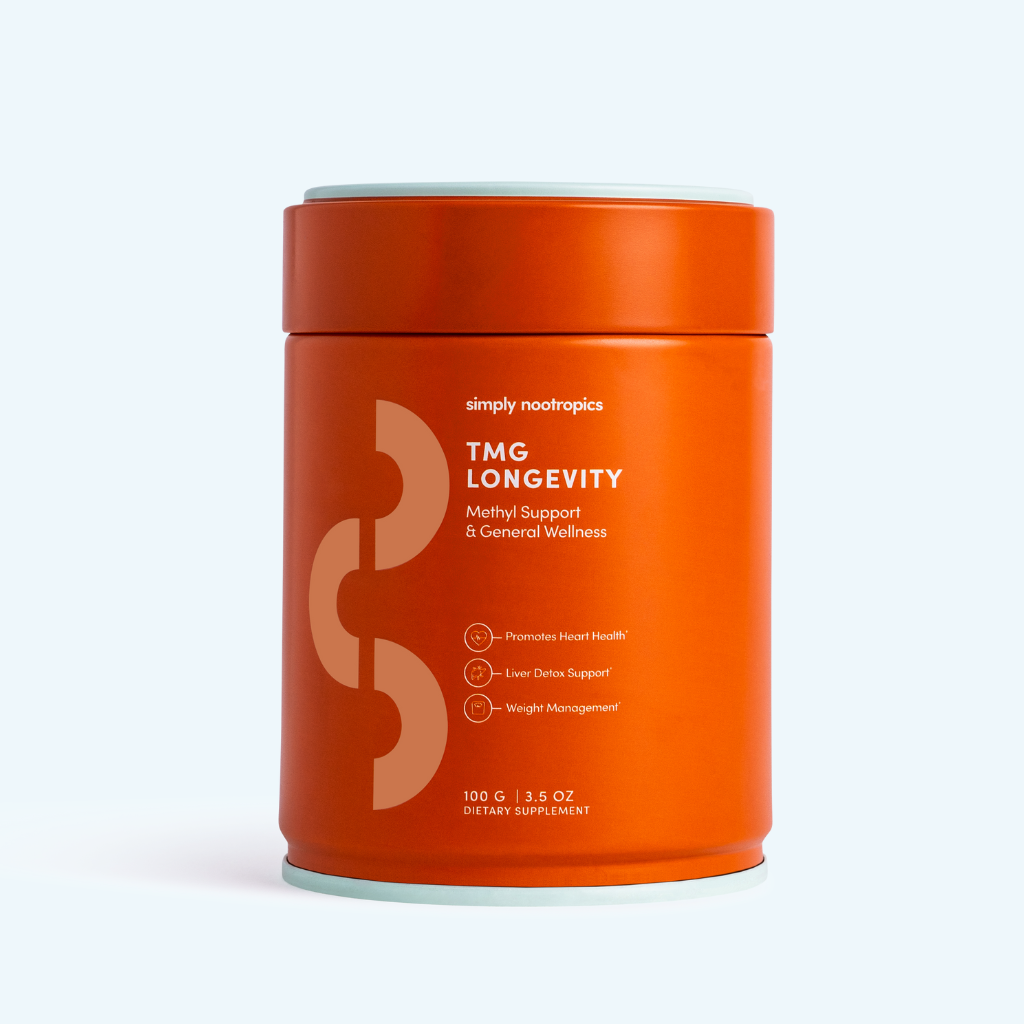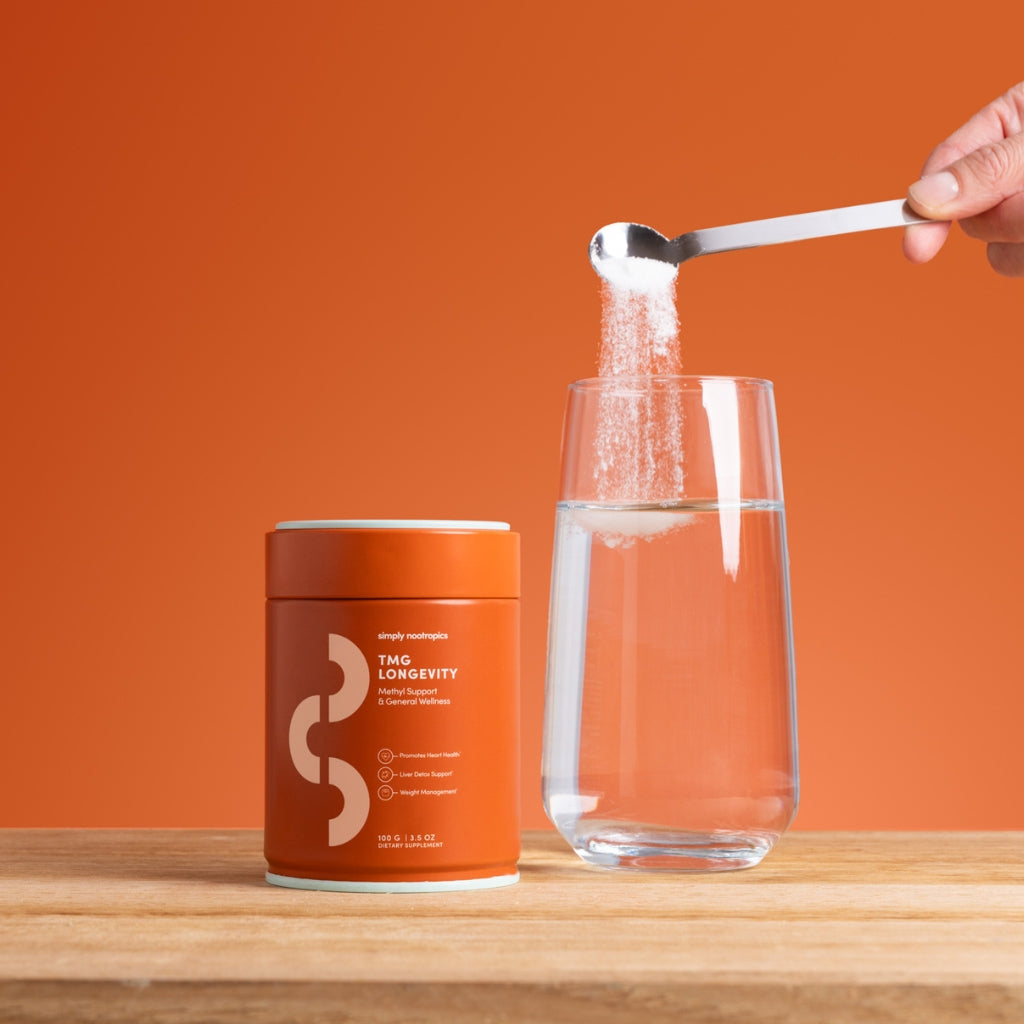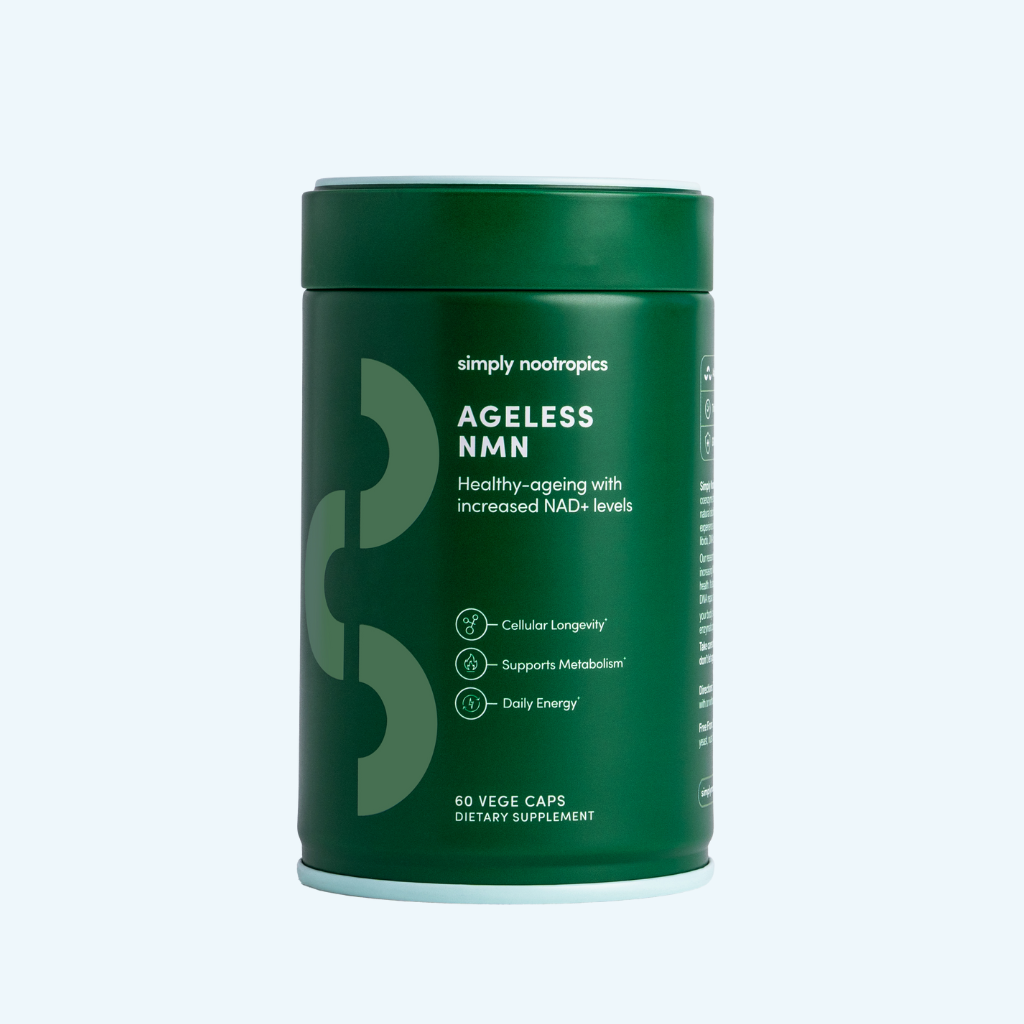Welcome again to the longevity series, where we report the latest news on studies that are pushing the boundaries of our understanding of ageing, cognition, and public health.
- Human Longevity Laboratory at Northwestern University
At Northwestern University, the Potocsnak Longevity Institute has launched the Human Longevity Laboratory, a cutting-edge facility dedicated to studying of ageing. This lab's cutting-edge research focuses on understanding the difference between chronological age, which is the number of years a person has lived, and biological age, which refers to how old their body seems based on health markers. By studying these differences, researchers aim to develop interventions that can slow down or even reverse the ageing process, ultimately extending the period of life that individuals spend in good health, known as the healthspan.
The Human Longevity Laboratory conducts thorough assessments of various bodily systems, including the cardiovascular, respiratory, neurocognitive, metabolic, and musculoskeletal systems. These assessments help identify the key indicators of ageing and provide insights into how these systems deteriorate over time.
For instance, the lab examines the cardiovascular system to understand how blood vessels and heart function change with age. By identifying early signs of cardiovascular ageing, such as arterial stiffness or reduced heart rate variability, they can develop strategies to maintain heart health. Similarly, respiratory assessments might focus on lung capacity and function, providing data that could lead to interventions for preserving respiratory health.
The neurocognitive assessments are particularly fascinating, as they examine how brain function and structure change with age. By using advanced imaging techniques and cognitive testing, researchers can track changes in brain regions associated with memory, attention, and other cognitive functions, which is all very important data for developing therapies that could prevent or slow cognitive decline.
- The Role of Gut Microbiomes in Longevity
Another fascinating area of research revolves around the gut microbiome, the community of microorganisms living in our digestive tracts. Studies on centenarians, people who live to be 100 or older, have revealed that their unique gut bacteria compositions play a significant role in their longevity.
The gut microbiome, which consists of trillions of microorganisms living in our digestive tracts, influences various aspects of our health, including digestion, immune function, and even mood. Promoting a healthy gut microbiome means improving overall health and potentially extending our lifespans.
One of the key findings in this area is the link between certain bacterial strains and reduced inflammation. Chronic inflammation is a major factor in many age-related diseases, so maintaining a gut microbiome that minimises inflammation could be central for healthy ageing. Plus, some gut bacteria produce short-chain fatty acids, which have been shown to have various health benefits, including improved metabolic function and enhanced immune response.
Researchers are now exploring ways to promote these beneficial bacteria in the general population. This could involve dietary recommendations, probiotics, and other interventions designed to support a healthy gut microbiome.
- Neuromodulation Techniques for Cognitive Enhancement
As we age, maintaining cognitive function becomes increasingly important. That’s why neuromodulation techniques, such as transcranial electric stimulation (tES), are being explored for their potential to enhance cognitive functions and combat age-related cognitive decline.
tES involves using a mild electrical current to stimulate specific areas of the brain, potentially inducing beneficial changes in brain activity. This technique has shown promise in improving various cognitive functions, including memory, attention, and creativity.
Research published in SpringerLink has demonstrated that tES can modulate brain activity by enhancing neural plasticity, the brain's ability to reorganise itself by forming new neural connections. This is particularly important for cognitive functions, as increased neural plasticity can lead to improved learning and memory. The non-invasive nature of tES makes it a good option for both healthy individuals and those with cognitive disorders.
Beyond cognitive enhancement, tES has also shown potential in treating conditions such as depression and aiding in stroke rehabilitation by targeting specific brain regions.
- Next-Generation Surveillance System for Public Health
Now, imagine having the ability to predict disease outbreaks before they spread widely. That’s what a groundbreaking study in JMIR Public Health and Surveillance is working towards. This innovative next-generation surveillance system uses a combination of digital and molecular data to anticipate disease outbreaks.
The system pulls data from various sources, including health records, drug sales, and even social media posts. By analysing these vast amounts of information, it can detect early signs of disease outbreaks. For example, if there’s an unusual spike in people buying cold medicine in a particular area, the system can flag it as a potential hotspot for a flu outbreak. Similarly, trends on social media about people experiencing similar symptoms can provide clues about emerging health issues.
This early detection capability is a game-changer for public health. It allows health officials to act quickly and implement targeted interventions, such as distributing vaccines or setting up quarantine zones, before the situation gets out of control. This proactive approach not only saves lives but also reduces the overall impact on communities. Plus, the system’s integration of real-time data means that it can continuously monitor and update its predictions.
Once again, all these advancements offer significant hope and promise. They show that with the right interventions (and the right nootropics), we can improve the quality of life for future generations. These breakthroughs are not just about adding years to life but about making those years healthier and more fulfilling.

